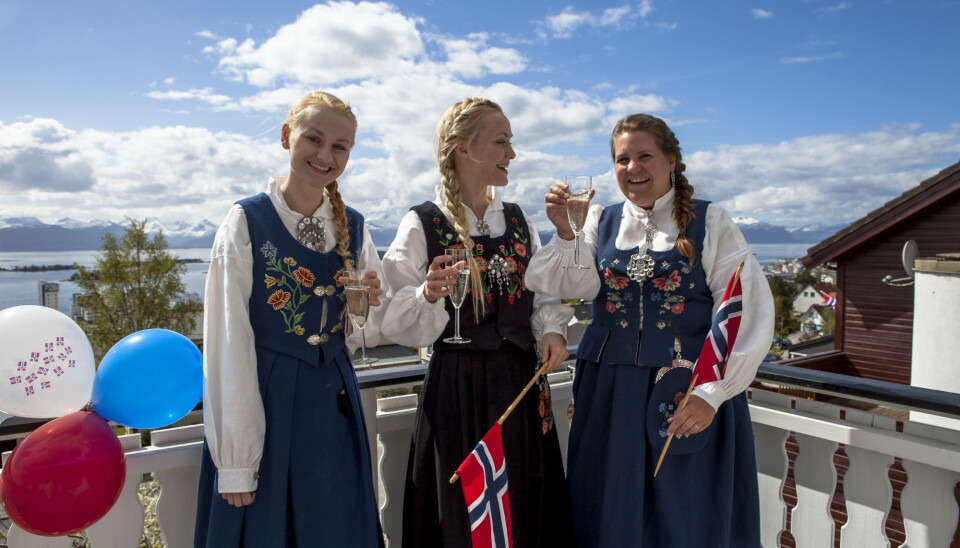An article from University of Oslo

Why are the Nordic countries ranked as the world’s best countries to live in?
And can their good fortune last?
The Nordic countries have, in the last ten years, been ranked consistently as the “world’s best countries to live in”.
Norway, Denmark, Sweden and Finland have become icons of fair societies, with both high economic productivity and an unequalled quality of life.
This Nordic success has been a puzzle to outside observers.
Collaboration, not competition
In a new book co-edited by Nina Witoszek and Atle Midttun, researchers from traditionally adverse disciplines such as evolutionary biology and human sciences, explore the drivers behind the Nordic model.
"The book is a bit provocative because it’s been inspired by the latest evolutionary science which insists that cooperative and altruistic groups beat selfish groups," says Research professor Witoszek.
One of the main arguments in the book is that the Nordic countries have managed to create a sustainable modernity, thanks to an extraordinary balance of cooperation and competition.
"In short, the Nordic countries illustrate the competitive advantage of collaboration," says Witoszek.
Nordic uniqueness?
The editors insist there is a unique Nordic humanism, which has contributed to the Nordic countries’ cooperative and egalitarian societies.
The humanism we are talking about goes back to the founding tradition of Christian Enlightenment and the ideas of social solidarity, equality and cooperative ethos. Though Norway, Denmark, Sweden and Finland may differ politically and economically, their social sustainability springs from the same strong set of values that sprang from a prolonged Enlightenment, continues Witoszek.
The editors also point to the tradition of what they call sustainability thinking and practical knowledge that have been crucial to sustain life in the exposed, Northern coastal areas.
According to the the editors, this knowledge and thinking has created inbuilt reflexes of cooperation in the Nordic societies. The traditions of cooperation, for instance reflected in the Norwegian institution dugnad, has been central to the creation of the Nordic welfare societies.
The Nordic model on trial
The book also discusses the future challenges of the Nordic model. Witoszek explains that the Nordic model is now at a crossroads:
"A set of new challenges have arisen in the wake of the digitalized and globalized economy, the migration crisis, the medialization of politics, the fragmentation of work-life and the dominance of neoliberal values. They all challenge the ideals of equality, the tradition of strong cooperation, personal responsibility, and the pro-social mindset which have been the basis of the Nordic model’s success," says Witoszek.
A big question is whether these transformations will affect the future of the Nordic model.
"Today, we see signs of polarization in the Nordic societies, into "nationalist" and "cosmopolitan" camps. But our book’s main contention is that the Nordic model is relatively robust. This is partly thanks to the fact that these countries have created a sustainable modernity which takes time to dismantle," says Witoszek.
In evolutionary terms, the key to the Nordic model is its resilience, she concludes.






























